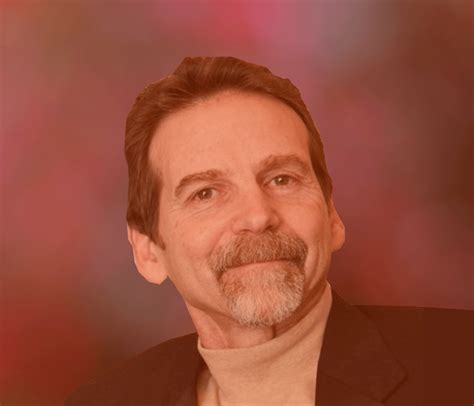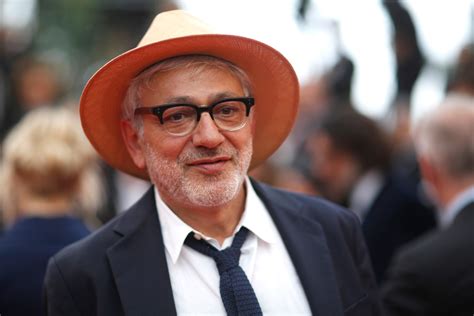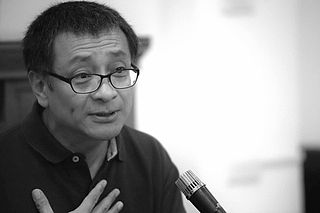A Quote by Kirk J. Schneider
Awe is not a very comfortable standpoint for many people... Hence, all about us today, we see avoidance of awe-by burying ourselves in materialist science, for example or in absolutist religious positions; or by locking ourselves into systems, whether corporate, familial, or consumerist; or by stupefying ourselves with drugs.
Related Quotes
It {Darwin's theory of evolution] was a concept of such stunning simplicity, but it gave rise, naturally, to all of the infinite and baffling complexity of life. The awe it inspired in me made the awe that people talk about in respect of religious experience seem, frankly, silly beside it. I'd take the awe of understanding over the awe of ignorance any day.
It is difficult to see ourselves as we are. Sometimes we are fortunate enough to have good friends, lovers or others who will do us the good service of telling us the truth about ourselves. When we don't, we can so easily delude ourselves, lose a sense of truth about ourselves, and our conscience loses power and purpose. Mostly, we tell ourselves what we would like to hear. We lose our way.
I think that whatever we express in terms of the potential truth is above all else about mobilizing ourselves for ourselves. We learn about ourselves as individuals. Identification with Palestine is universal and not restricted to geographic boundaries. It's a question of moral and ethical positions vis-à-vis all the injustices that surround us.
But how can we love someone if we don't like him? Easy-we do it to ourselves all the time. We don't always have tender, comfortable feelings about ourselves; sometimes we feel foolish, stupid, asinine, or wicked. But we always love ourselves: we always seek our own good. Indeed, we feel dislike toward ourselves, we berate ourselves, precisely because we love ourselves; because we care about our good, we are impatient with our bad.
To see ourselves as others see us can be eye-opening. To see others as sharing a nature with ourselves is the merest decency. But it is from the far more difficult achievement of seeing ourselves amongst others, as a local example of the forms human life has locally taken, a case among cases, a world among worlds, that the largeness of mind, without which objectivity is self-congratulation and tolerance a sham, comes.
We all have different desires and needs, but if we don't discover what we want from ourselves and what we stand for, we will live passively and unfulfilled. Sooner or later, we are all asked to compromise ourselves and the things we care about. We define ourselves by our actions. With each decision, we tell ourselves and the world who we are. Think about what you want out of this life, and recognize that there are many kinds of success.





































